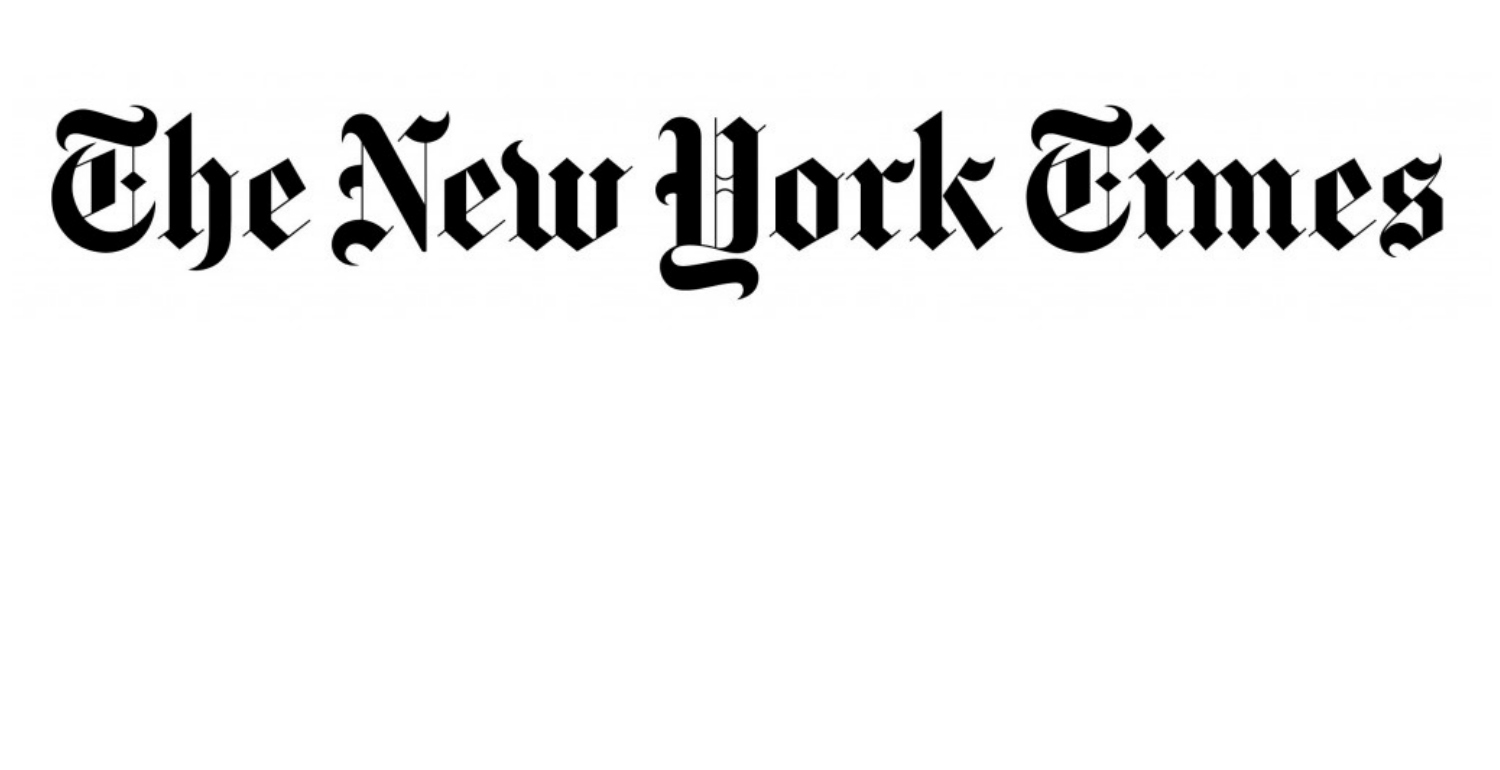WASHINGTON — In recent months, the United States has punished the following people for alleged human rights violations and corruption:
A former Gambian president who led terror and assassination squads. A Chechen leader involved in torture, kidnapping and murder. A Pakistani man at the center of a human-organ trafficking network.
And a former Russian sports minister who was implicated in a nation’s systematic doping scheme that tainted several Olympics and other international competitions?
Well, not the last person — at least not yet.
The United States Anti-Doping Agency is exploring the use of government sanctions to punish Russian officials involved in the state-supported doping program that turned the 2014 Sochi Games into a sham. On Tuesday, Travis Tygart, the chief executive of the agency, attended a workshop here sponsored by the U.S. Helsinki Commission to see if the Global Magnitsky Act, a 2016 law that allows the sanctions, could apply to the Russians.
The law calls for individuals who have committed human rights violations or significant corruption to be barred from obtaining United States visas and blocked from using the American financial system, which effectively blacklists them from doing business with major world banks. Powerful, wealthy people don’t like to have their assets frozen.
“What happened in Sochi was the worst case of corruption that we’ve ever seen in sport, so why shouldn’t the act apply to us?” Tygart said. “We have to look down every avenue if we’re working for clean athletes, particularly in light of the I.O.C.’s failure do anything.”
Tygart said American athletes have been demanding that the antidoping agency find ways to better protect clean athletes in the future so the Russian doping debacle is never repeated.
The International Olympic Committee punished Russia, sort of, for its widespread doping. It barred the Russian Olympic Committee, the Russian flag and the Russian national anthem from last month’s Pyeongchang Games, while letting some Russian athletes compete under a neutral flag. It also barred for life one top Russian official: Vitaly Mutko. (He was implicated in the doping program as the Russian sports minister. After the scheme was exposed, he was promoted to deputy prime minister.)
Three days after the Pyeongchang Games ended, the I.O.C. reinstated Russia’s Olympic committee — even though two Russian athletes had failed drug tests during the competition.
So the United States antidoping group is looking for additional ways to punish the Russians. The Global Magnitsky Act is in its infancy and the sports angle might be a long-shot, but why not try?
Besides, the United States government often has to do the dirty work for sports leagues and federations that refuse to police themselves.
To take down the principles and athletes involved in the Bay Area Laboratory Co-Operative steroids scandal that ensnared athletes like Barry Bonds and Marion Jones, law enforcement made arrests and prosecutors took it from there. To address the widespread doping problem in Major League Baseball, Congress had to drag players and management in to testify.
To uncover corruption in FIFA, United States prosecutors took the lead and indicted more than two dozen officials and businessmen from all over the world — much to the dismay of soccer’s global establishment.
And now it could be the Global Magnitsky Act that delivers a staggering blow to the Russians for corrupting the results of major global sports competitions — including, but certainly not limited to, the Olympics.
Among the people who could be targeted for sanctions are Mutko; Yuri D. Nagornykh, the former deputy sports minister; Irina Rodionova, the former deputy director of the Center for Sports Preparation; and others mentioned in an affidavit by Dr. Grigory Rodchenkov, Russia’s former longtime antidoping laboratory chief who blew the whistle on the whole operation.
Does such sports corruption rise to the level covered by the law? William F. Browder thinks so. He’s a prominent investor who worked with Congress on the original Magnitsky Act, which was passed in 2012 in response to the death of Browder’s Russian lawyer, Sergei L. Magnitsky. The lawyer had uncovered a $230 million tax-theft scheme before he was arrested and died in prison.
“There’s one important issue and that’s the doping scandal at the Sochi Games led to what I believe were murders,” Browder said, referring to two officials from Russia’s antidoping agency who died within two weeks of each other in 2016. “There were a number of people involved who died very suspiciously who were most likely liquidated to cover up a crime.”
He added: “There were people who effectively ruined institution of sport and have committed crimes to do so. That would reach the standard of Global Magnitsky, in my opinion. These people involved in sports doping, they’re shameless. So there needs to be really hard consequences. They need to pay a very dear price.”
That price would be losing access to their money and the freedom to move about the world. And they would be on a list with some of the world’s worst criminals.
“If the Olympic Games are unquestionably tainted, that has huge economic ramifications for not just U.S. athletes, but for U.S. industry, and the U.S. government has an interest in making sure that doesn’t happen,” said Robert G. Berschinski, senior vice president for policy at Human Rights First and a former deputy assistant secretary of state.
I asked him if he thought the individuals involved in the Russian doping case could be sanctioned under the law. “Without getting into specifics,” he said, “it seems that you can make a case.”
Tygart thinks so, too. He left the workshop on Tuesday thinking that sanctions were a last resort but “a viable option.”
Is it truly a viable option, and will the antidoping agency act on it?
A certain group of Russians might not be eager to learn the answers.






